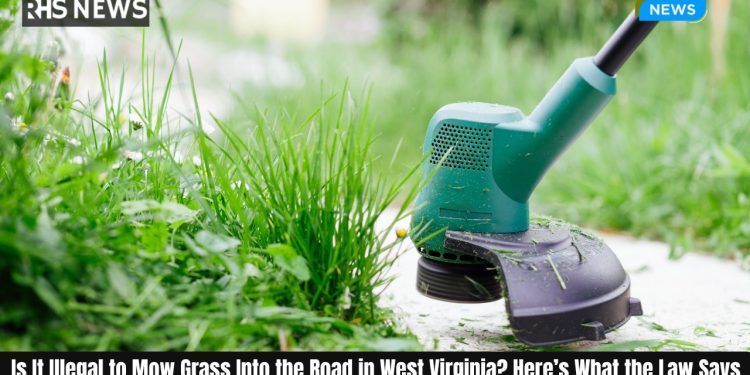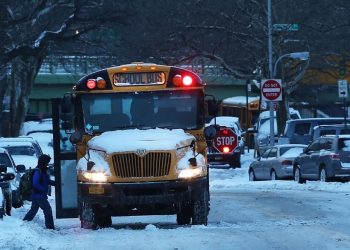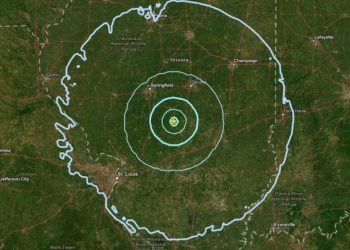West Virginia state law prohibits placing any glass, nails, tacks, or other substances on a public road that could be harmful to people, animals, or vehicles . This law can be interpreted to include grass clippings, as they can create hazardous conditions, particularly for motorcyclists and bicyclists .
West Virginia Code
This Article Includes
While there isn’t a law that specifically mentions “grass clippings,” West Virginia Code §17C-14-9 states that no one shall throw or deposit upon any highway any glass bottle, glass, nails, tacks, wire, cans, or any other substance likely to injure any person, animal, or vehicle . Violators of this law are guilty of a misdemeanor and can face fines of up to $100 .
In addition to state law, many municipalities and counties in West Virginia have their own ordinances that are more specific about yard waste. For instance, the City of Huntington’s ordinance 953.05 explicitly states that it is a nuisance to place any loose paper, leaves, grass, or weeds upon any street, alley, or public ground . Similarly, the City of Parkersburg prohibits the sweeping or depositing of grass clippings and other yard waste into the street .
Dangers of Grass Clippings on Roads
Grass clippings on roadways can pose significant safety risks:
-
Reduced Traction Wet grass clippings can be as slippery as ice, creating a serious hazard for two-wheeled vehicles like motorcycles and bicycles .
-
Concealed Hazards A pile of grass clippings can hide potholes or other road imperfections, leading to potential accidents .
-
Clogged Drainage Systems When grass clippings wash into storm drains, they can cause blockages that may lead to flooding and water damage .
-
Environmental Concerns The decomposition of grass clippings can release phosphorus and other nutrients into local waterways, which may lead to harmful algal blooms and negatively impact aquatic life .
Best Practices for Yard Maintenance
To avoid violating state or local laws and to ensure the safety of others, homeowners should adopt the following practices for managing grass clippings:
-
Mulching A mulching mower can finely chop grass clippings and return them to the lawn, where they act as a natural fertilizer .
-
Composting Grass clippings can be added to a compost pile, creating nutrient-rich soil for gardens .
-
Bagging If mulching or composting is not an option, clippings should be bagged and disposed of according to local yard waste regulations .
By being mindful of where grass clippings end up, residents of West Virginia can contribute to safer roads and a healthier environment.
Conclusion
Mowing grass into the road in West Virginia is illegal under state litter control laws, with grass clippings explicitly classified as yard waste and therefore as litter when deposited on public or private roadways. Violators face substantial penalties including fines ranging from 100 to 2,500 dollars for first-time offenses, mandatory community service, and civil penalties for cleanup costs.
Beyond the legal consequences, grass clippings on roads create serious safety hazards, particularly for motorcyclists who face dramatically increased risks of losing traction and control when their tires encounter these slippery materials. With motorcycle fatalities representing a significant portion of West Virginia’s traffic deaths, reducing preventable hazards like grass clippings is essential for improving road safety.
Property owners and lawn care professionals must take responsibility for proper disposal of grass clippings by leaving them on lawns as natural fertilizer or collecting them for appropriate waste disposal, rather than creating dangerous conditions on roadways that put lives at risk and violate state law.









